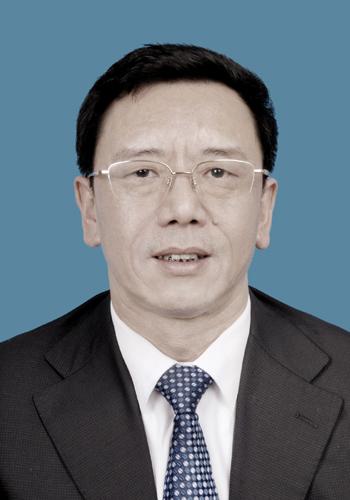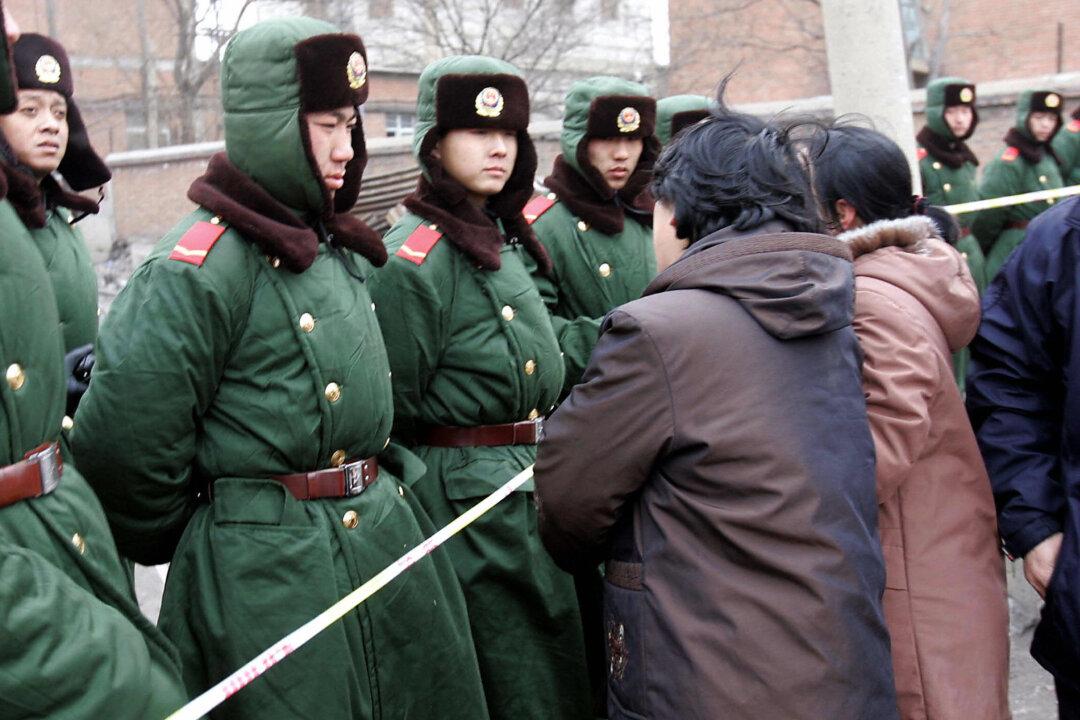A prominent Chinese official who once oversaw China’s biggest oil-producing region was sacked recently, according to an announcement by the Communist Party’s anti-corruption agency.
Ge Ruyin (pronounced “Guh Roo-yin”), head of the People’s Congress of northeast China’s Heilongjiang Province, is the third provincial-level official from the area to be investigated.
The Central Commission for Discipline Inspection did not give any specific reason for Ge’s investigation beyond “serious violations of discipline.”
An examination of his later career—as mayor or party secretary in the cities of Daqing and Harbin since the late 1990s—shows a constant string of injustices committed against those in his charge: land stolen from disenfranchised farmers, and severe abuses perpetrated against the spiritual practice of Falun Gong.
Ge, born in 1953 in northeastern China’s Liaoning Province, is an engineer by training. In the 1990s he served as vice mayor of Shenyang, the provincial capital. In 1998 he was reassigned to Heilongjiang, where he was involved in the administration of Harbin and Daqing, before ascending to the provincial People’s Congress.
Heilongjiang, along with Liaoning and Jilin, are the three provinces that constitute Northeast China, a resource-rich industrial region of about 100 million people that borders Mongolia and Siberia.
According to Fangmin.org, a Chinese news site run by disenfranchised and frustrated citizens, Ge Ruyin, when he served as Party secretary of Harbin between 2009 and 2012, was behind widespread economic abuse of and physical attacks against local peasants. Tens of thousands of farmers have reported Ge’s suppression of those upset at the loss of their land to developers.
Locals also believe that Ge facilitated an assault by thousands of thugs armed with knives and shovels to destroy their crops in August 2011. Villagers fought the attackers, which resulted in two deaths.
The same year, peasants complained that Ge had stolen 400 million yuan (about $62 million) that was allocated to them by the Ministry of Construction as compensation for land lost to development.
Residents also implicated a Harbin judge, Wang Kelun, as being one of Ge’s accomplices.





